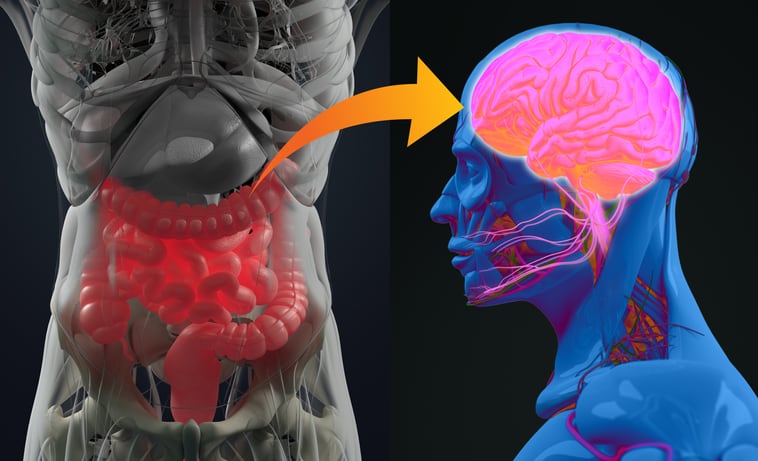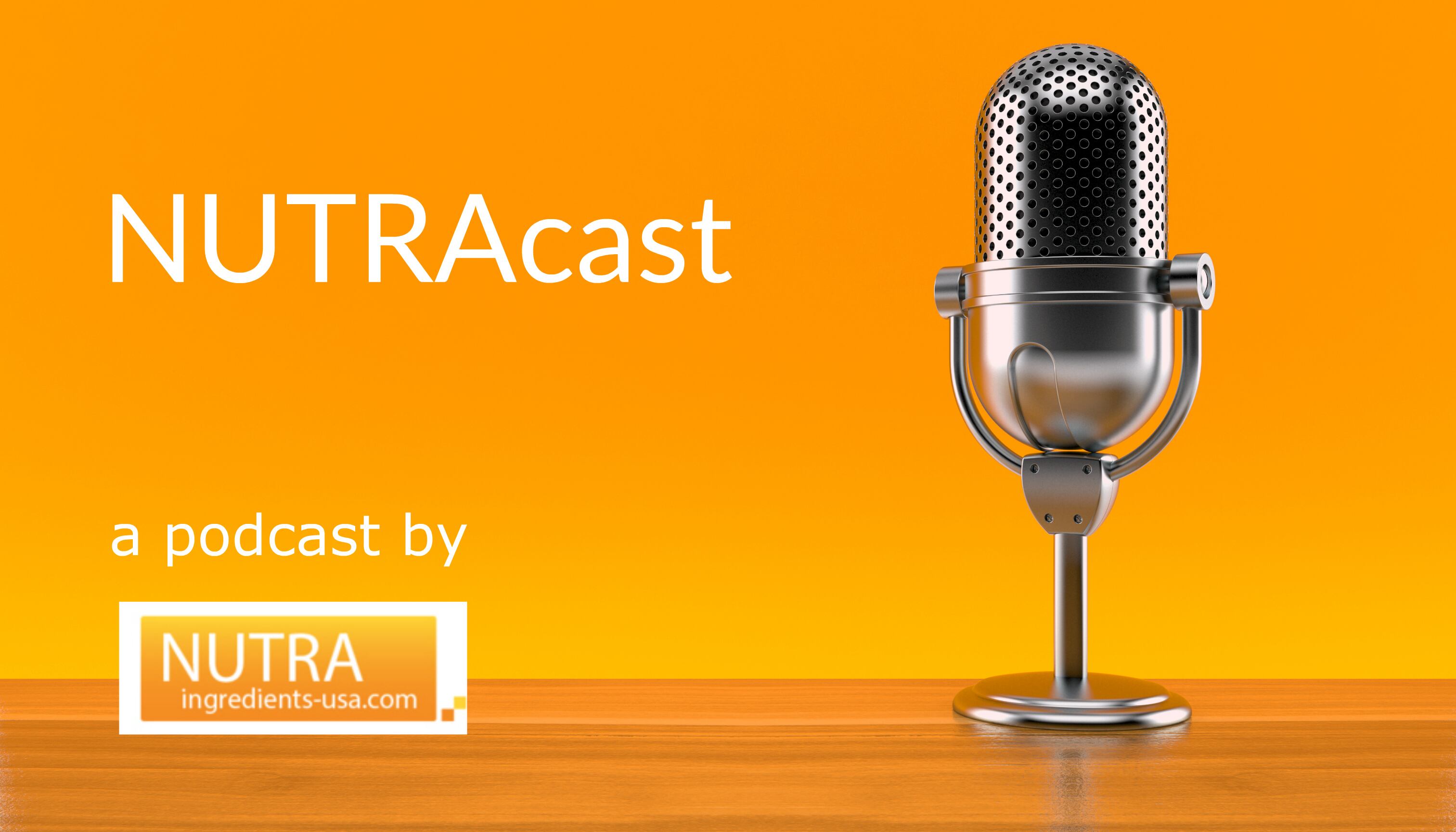The new research was published in The Senior Care Pharmacist journal. It is the work of a team led by Anne L. Hume, PharmD, a professor of pharmacy at the University of Rhode Island.
Hume’s team conducted two online searches for supplements in 2017 and 2019 and compared the results. After consulting with several pharmacists and with consumers, they settled on the following search terms as being the most likely to be used by elderly consumers concerned about dementia: memory supplement, brain health supplement, Alzheimer’s supplement, and dementia supplement.
They did general searches on Yahoo and Google and also conducted the searches on the websites of GNC, CVS, Walgreens, Walmart, and Amazon. The researchers used Google Chrome as their web browser and used the ‘incognito mode’ to make sure the results of prior searchers did not affect subsequent searches.
Prevagen listing No. 1 in all searches
The researchers found the most common result in both years and across all platforms was Prevagen, manufactured by Madison, WI-based company Quincy Biosciences. The product is based on a synthetic form of apoaequorin, a protein found in jellyfish. The company bases its memory health claims on a study it conducted called the Madison Memory Study, a 90-day trial including 218 participants, 126 taking apoaequorin and 92 on placebo.
The company touts this study as demonstrating that Prevagen is “a best-in-class over-the-counter dietary supplement which have[sic] shown to support cognitive health and promote well-being in adults.”
Hume’s team wasn’t so sure.
“A clinically significant difference in verbal learning between apoaequorin and placebo was apparent only in a subgroup of cognitively
normal participants . . . The actual clinical benefit in older people remains unclear,” they wrote.
Other products that figured prominently in the searches when both years were taken together were BrainStrong Memory, and Neuro Health.
Ingredient bound up in proprietary blends
These latter products shared with a number of others the researchers found in featuring proprietary blends of ingredients. Hume’s team found the most common ingredients were Ginkgo biloba (found in about 40% of the products), vitamins (37%), huperzine-A from Huperzia serrata (37%), Bacopa monnieri (36%) and phosphatidylserine (35%). Dimethylethanolamine was listed as an ingredient in 15% while vinpocetine was present in 13% of products.
The researchers noted the proprietary blends do not list the amounts of the ingredients, and the mixtures of the blends shift from year to year, making it difficult for a pharmacist to assess their potential effects when advising patients.
“New proprietary blend products continue to be marketed every year, despite minimal differences with older products in terms of ‘active’ ingredients . . . . While some research exists for huperzine-A, Bacopa monnieri, and phosphatidylserine on cognition, including in CATD (Clinical Alzheimer-type dementia), their actual benefits in proprietary blends are unknown,” the researchers wrote.
No proven treatments, but some promising approaches
Dietary supplements are enjoined by law against making claims to diagnose, prevent, treat or cure illnesses. The Food and Drug Administration often states that a primary concern with illegal disease treatment claims made on supplements is that a consumer might be induced to forego a proven therapy for a serious condition in favor of a supplement making a claim to treat a disease.
In the case of age related cognitive decline and dementia there are no truly effective proven therapies, such as prescription medications or surgical procedures. But several approaches, including exercising and socializing, have shown some effects in ameliorating age related cognitive declines, and these should be promoted in lieu of supplements whose effects are difficult to categorize for the reasons given above, the researchers said.
“The products promoted online are continually changing and are similar types of proprietary blends of multiple ingredients with questionable efficacy and in unknown amounts. Pharmacists should actively ask about the use of these products and encourage a greater focus on healthy lifestyles including regular physical activity and social interaction,” the researchers concluded.
Source: The Senior Care Pharmacist
Doi:10.4140/TCP.n.2021.489
Online Promotion of “Brain Health” Supplements
Authors: Block BR, Albanese SG, Hume AL




